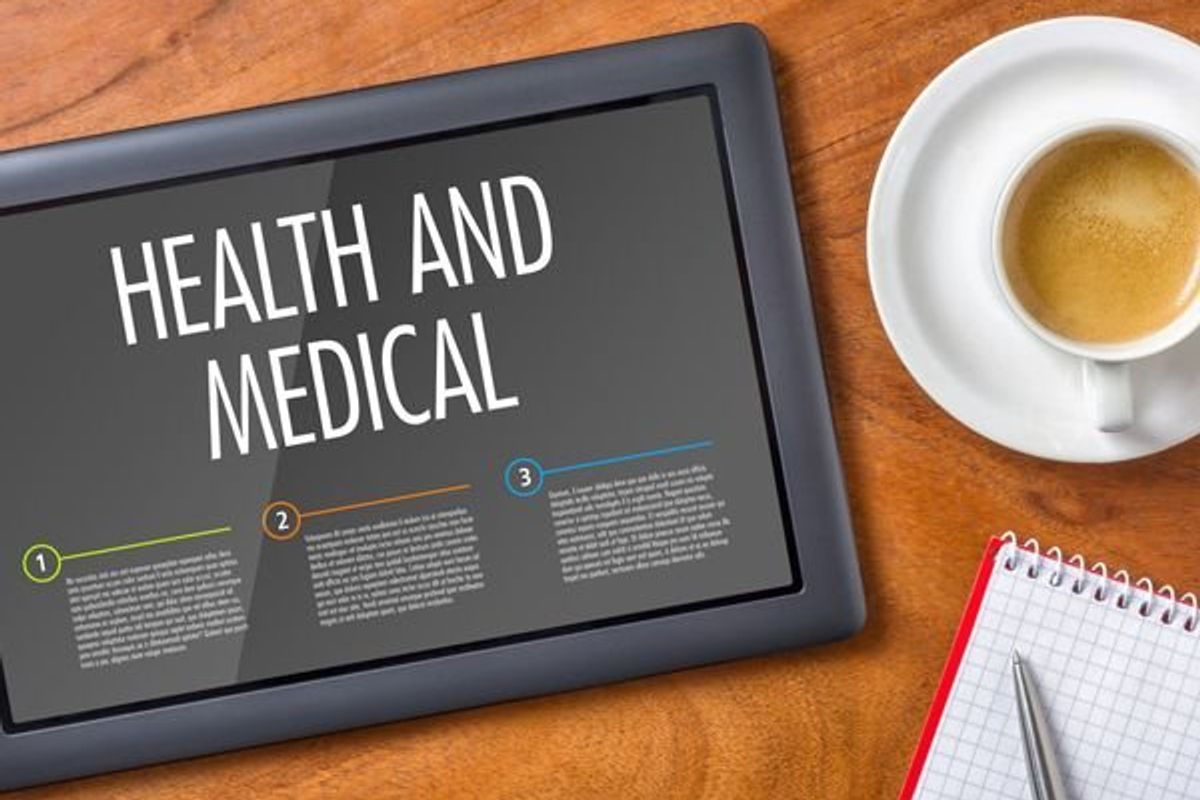Now that the summer is coming to a close, many of us feel that it's time for a fresh start, a feeling that is sometimes reserved for the beginning of the new year.
If you're among the many who are ready to get back on track with your health, or if the lazy days of summer have kept you from staying current with the latest health news, here are some recent happenings:
1. How Low Can You Go?
No, I'm not talking about the "Limbo Rock" and those memorable lyrics of Chubby Checker's. We may not still be singing his song (although now it's stuck in my head!), but those words have new meaning: Our blood pressure may need to go lower. Just when you thought your blood pressure was something to brag about comes a major study that was ended more than a year early because the data that had accumulated was so overwhelming—so convincing that federal health officials announced that they had "potentially lifesaving information."
The risk of heart attacks, heart failure and strokes was reduced by a third and the risk of death reduced by a quarter in the study participants who were assigned to reach a systolic blood pressure (the top number) goal below 120. Since nearly one in three adults in this country has high blood pressure, the study is sure to shake up a lot of people.
Not too long ago we thought we were good with a systolic number of 140 or lower. However, as Dr. David Reboussin, the principal investigator for the study's coordinating center, told the New York Times, people with high blood pressure should not panic and do not need to rush to their doctors to ask to have their medications changed. Stay tuned for some updated guidelines, which are being discussed by the committee.
2. Get Your Sleep
Your grandmother was right. And so was your mother. They weren't saying "Go to bed already!" just to get rid of you; they really had good intentions. Getting enough sleep does help you catch fewer colds. New research confirms that it keeps your immune system in good working order. When study subjects had a cold virus sprayed into their noses to see if they developed colds, the 45 percent who slept less than five hours came down with cold symptoms compared with just 17 percent who slept at least 7 hours most nights.
That's one study I wouldn't volunteer to sign up for.
3. Replacing Joints Carries Higher Risk of Heart Attack
No, I'm not talking medical marijuana here. I'm talking knees and hips, which are aging along with us. Eventually some parts just wear out. If medications, exercise, physical therapy, injections, weight loss, creams, ointments and nutritional supplements like glucosamine and chondroitin don't do the trick, you may have no choice but to replace the offending joint. Important to know is that in a new study of about 20,000 people who went through those surgeries, it was found that their chance of a heart attack was higher in the month after the surgery. The risk didn't last much beyond that month, though. What did persist for several years after the surgery was the risk of blood clots, which can be dangerous if they break off and travel to your heart or brain.
4. Brain Freeze
It's not just what happens when you eat ice cream too fast. A 23-year-old woman with a highly aggressive type of brain cancer had her dying wish fulfilled: to have her brain cryogenically frozen in the hopes of having her mind resurrected by neuroscience in the future. While some people declared the idea crazy or preposterous, who knows what science will be capable of decades or centuries from now? After all, many things that were once science fiction are now science facts. For instance, who would ever think that a robotic limb could be controlled with the brain? Or that human skin lost to a burn or a wound could be sprayed back on?
Read More
Another Reason to Get a Good Night's Sleep
How to Stop Tossing and Turning All Night Long
The Boom in Boomer Hip Replacements
5 Simple Ways to Spread Cold Germs







